As a recent graduate, you may spend your time endlessly sending out job applications and wondering why you’re not hearing back. You’ve got your degree, you may have some valuable experience through internships or part-time roles, and you’re ready to start your career. So, how do you make your application stand out in a sea of candidates? Understanding what employers truly value and want in graduate job applications can be a game-changer. It’s not just about having a degree, employers are looking for specific skills, enthusiasm, and qualities that show you’re not only qualified but also a great fit for their team.
Relevant Skills and Qualifications
First and foremost, employers want to see that you have the right qualifications for the role. Yes, your degree matters, but it’s not the whole story. Employers are also looking for the practical skills you’ve gained throughout your education and any work experience. For instance, if you’ve studied marketing, it’s not just about the theory; they want to know if you’re familiar with the latest digital marketing trends or can use specific tools like Google Analytics, HubSpot or social media platforms. Soft skills like communication, teamwork, leadership, and time management are also crucial. These are often developed through extracurricular activities, volunteer work, or even part-time jobs, so don’t forget to highlight these in your CV.
A Customised CV and Cover Letter
Here’s where many candidates fall short: using the same basic CV and cover letter for every application. It’s tempting, especially when applying to multiple jobs, but employers can tell when you’ve sent a one-size-fits-all application. Instead, customize your CV and cover letter for each role. Focus on how your skills and experiences match the job description and explain why you’re genuinely excited about the opportunity. A little research into the company’s culture and values will go a long way in showing that you’ve put in the effort to understand what they’re all about.
Passion for the Role and Industry
Employers want to know that you’re genuinely interested in the role and the industry. This doesn’t just mean having a vague passion for the field, it’s about demonstrating that you’re actively engaged. If you’re applying for a job in tech, talk about coding projects you’ve worked on, or tech blogs you follow. If you’re pursuing a role in marketing, mention campaigns or brands that inspire you. Passion can set you apart from other candidates, especially if you can show that you’ve taken the time to develop your interests beyond the classroom.
Strong Communication and Attention to detail
Whether you’re writing your CV, cover letter, or answering interview questions, clear and effective communication is key. Employers are looking for candidates who can express themselves well, both in writing and in conversation. Be sure that your application materials are free of errors, spelling or grammatical mistakes can be a red flag. A well-written, well-organized application shows that you’re detail-oriented and take pride in your work.
Cultural fit and personality
Employers aren’t just hiring a set of skills; they’re hiring a person. They want someone who fits well with their team and the company culture. While you can’t always convey your personality in a CV or cover letter, try to highlight experiences that show you work well with others. Whether it’s collaborating on group projects in university, taking on leadership roles in student organizations, or volunteering, employers want to know you’ll thrive in a team environment.
Work Experience
You might feel like you don’t have enough formal work experience but remember, experience doesn’t always mean a full-time job. Internships, volunteer roles, and academic projects all count. If you’ve led a team or contributed to a significant project, make sure to emphasize your role and what you accomplished. Show that you can apply your skills in real-world scenarios, even if you haven’t yet worked a full-time job.
Professionalism and follow-up
Finally, always maintain professionalism throughout the hiring process. This starts with your application and continues after you’ve submitted it. A thoughtful follow-up email thanking the employer for their time and inquiring about next steps shows that you’re proactive and serious about the role.
Conclusion
In the end, employers are looking for candidates who have the right skills, a genuine passion for the role, and a personality that fits with their team. By customizing your application materials, demonstrating enthusiasm, and showing how you’ve applied your skills, you’ll increase your chances of landing that first job. Even if you don’t have tons of formal work experience, what matters is that you’re eager to learn, ready to contribute, and excited to start your career.






